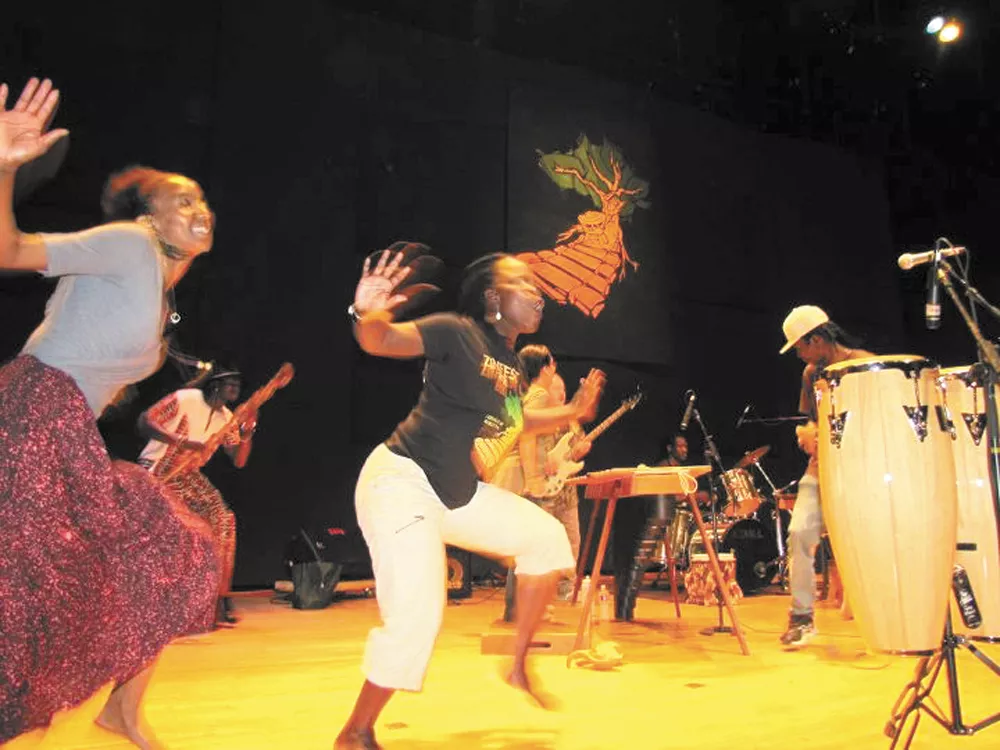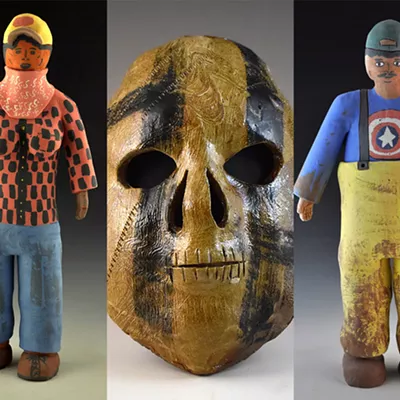In 2006, though, after he had moved to Moscow, Idaho, to pursue a master’s degree in music education, he was able to attend and experience firsthand what it was like to join in the Zimbabwean Music Festival, which attracts people from all walks of life and from all over the world. In the spirit of the music itself, he says it was magnetic.
“Most of the music in Africa … is music that is played for a purpose,” says Muparutsa, who, as a teacher, performer and festival chair, is responsible for bringing the festivities Moscow. “It is music that touches your soul, it’s music that you can dance to, it’s music that you can participate in.”
The uniting nature of Zimbabwean music is perhaps what has catapulted the Zimbabwean Music Festival from a small, one-day gathering in Seattle in 1991 to the not-so-small multi-faceted festival that it is today — complete with concerts, workshops, a marketplace and a traditional Zimbabwean dinner.
The people there have set out to have musical experiences that extend beyond just watching performers play music. Instead, the audience is in full participation, says Muparutsa, and invited to clap, stomp, whistle, sing, and dance.
“I think it’s hard for one to sit still to when you’re listening to this type of music,” says Jacqueline Fallon, who is chair of this year’s festival and a former student of Muparutsa.
But just as the festival may challenge Westerners’ ideas of how music is composed and performed, Muparutsa says that it’s doing the same for Zimbabweans like himself.
“Mostly in Zimbabwe and in Africa in particular, women do not perform music in public,” says Muparutsa, citing age-old stigmas of men not wanting women to present themselves on stage. “But the music got an advantage. It came to a new world where society has been opened by the feminist movement of the 1900s, and that created a level playing field where women can venture into things like this.”
And they have — Muparutsa says that the festival is by in large dominated by female performers such as Fallon. It’s intrigued him so much that the subject of gender in Zimbabwean music became the focus of his just-finished dissertation for his Ph.D. in ethnomusicology.
In a sense, the music at Zimfest is a harmonious paring of the two different cultures’ values of inclusion — one that focuses on the audience, and the other the performers.
Zimbabwean Music Festival • Aug. 2-5, events at various times • University of Idaho • Moscow, Idaho • zimfest.org














